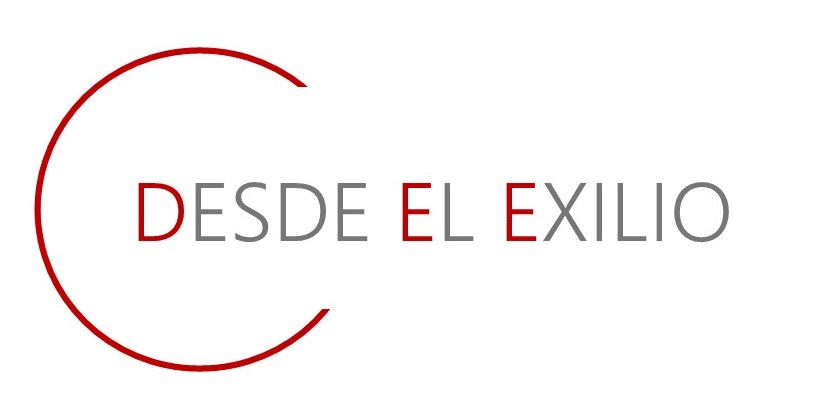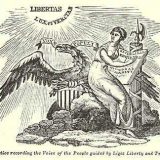Si lo que andan es buscando argumentos para razonar su postura contra la constitución europea y el macroestado que pretenden hacernos pagar los politicos de turno, creo que les encantará el artículo que hoy les traigo. El autor es
While the proportion of domestic to European laws will differ from country to country, it seems safe to say that in every EU member state at present well over half the laws each year come from Brussels. Only a minority originate domestically. Dr Herzog’s question may therefore also be asked of them: can they unreservedly call themselves parliamentary democracies any longer?
This prompts further questions: why is it that national parliaments have been so willing to divest themselves of so much of their power to make laws? Why have governments and government ministers, and aspiring ministers on opposition benches, gone along so readily for decades with such a shift of power from the national to the EU level, when it has left their national parliaments but shells of their former selves?
[…]
National parliaments and citizens lose power with every EU treaty, for they no longer have the final say in the policy areas concerned. Individual ministers on the other hand obtain an intoxicating increase in personal power, as they are transformed from members of the executive arm of government at national level, subordinate to a national legislature, into EU-wide legislators at the supranational.
For national ministers operating on the EU stage, keeping in with their fellow-members of the exclusive council of ministers «club» of EU lawmakers tends gradually to become more personally important to them than being awkward in defence of their own people’s interests.
Dissent from the predominant consensus on the council risks one being branded as a trouble-maker. Ministers tend to identify ever more with the EU state-building project. They see themselves as political architects of a superpower in the making.
[…]
They still keep their old names – parliament, government, supreme court – so that their citizens do not get too alarmed, but their classical functions have been transformed.
Their prime purpose now is to be transmitters of EU laws, executive edicts and legal judgements, as the attempt to subsume the nation states of Europe into a highly centralised supranational EU federation grinds relentlessly on its way.
This is why sensible people everywhere will surely echo the concluding words of the former German president to his article «Most people have a fundamentally positive attitude to European integration. But at the same time, they have an ever increasing feeling that something is going wrong, that an non-transparent, complex, intricate, mammoth institution has evolved, divorced from the factual problems and national traditions, grabbing ever greater competences and areas of power; that the democratic control mechanisms are failing: in brief, that it cannot go on like this.»
Léanlo entero, merece la pena.





Cerrajero: a eso en mi pueblo se le llama «estar jod***». Sí.
O sea, que estamos atrapados entre los reyezuelos tribales nazional-sociali$tas y los macrointereses de las organizaciones supranacionales.
Pues que bien.
Jose, la traducción es más que notable. Gracias.
Es tan pero tan bueno este artículo, que me tomé el trabajo de traducirlo entero. Si me pueden ayudar con las correciones, se los agradezco:
http://nomeparece.wordpress.com/2007/05/16/por-que-la-supranacionalizacion-no-puede-seguir-este-camino/
Bueno, una parte de esas leyes también vienen del parlamento europeo, pero está claro que no es lo mismo…
El burócrata pone millas de por medio y el control democrático flaquea. Europa anda cada vez más despacio, ay, qué viejo está el continente.
Me lo acabo de leer, muy interesante, desde luego. Si ya hay una distancia abismal entre el votante y el elegido en las elecciones nacionales, en Europa esa distancia tiende hacia el infinito. Si la figura del político español es casi siempre despreciable, la del euroburócrata está condenada al fuego eterno.
A estos burócratas si los dejan nos meten 80 millones de turcos en la Unión, y entonces si que podemos empezar a hacer las maletas y a sacar los billetes (de ida, of course) a Australia.
Hace veinte años, en el prólogo al manifiesto por una nueva izquierda europea de Peter Glotz, el ex-presidente Felipe González ya escribía que el socialismo es inviable a escala nacional y sólo puede construirse a escala europea….
Más cosas.